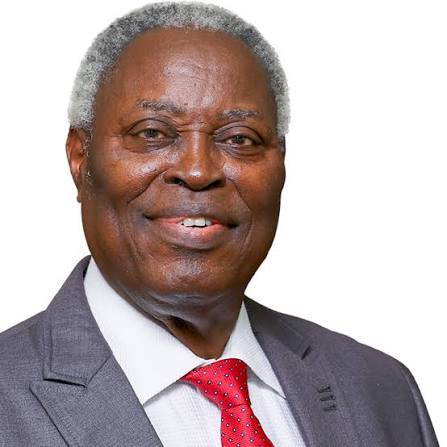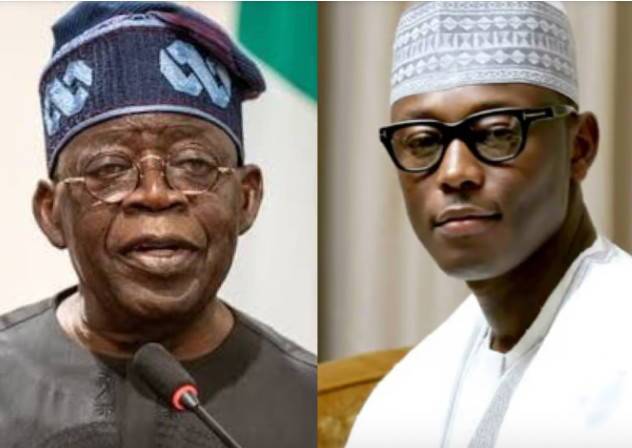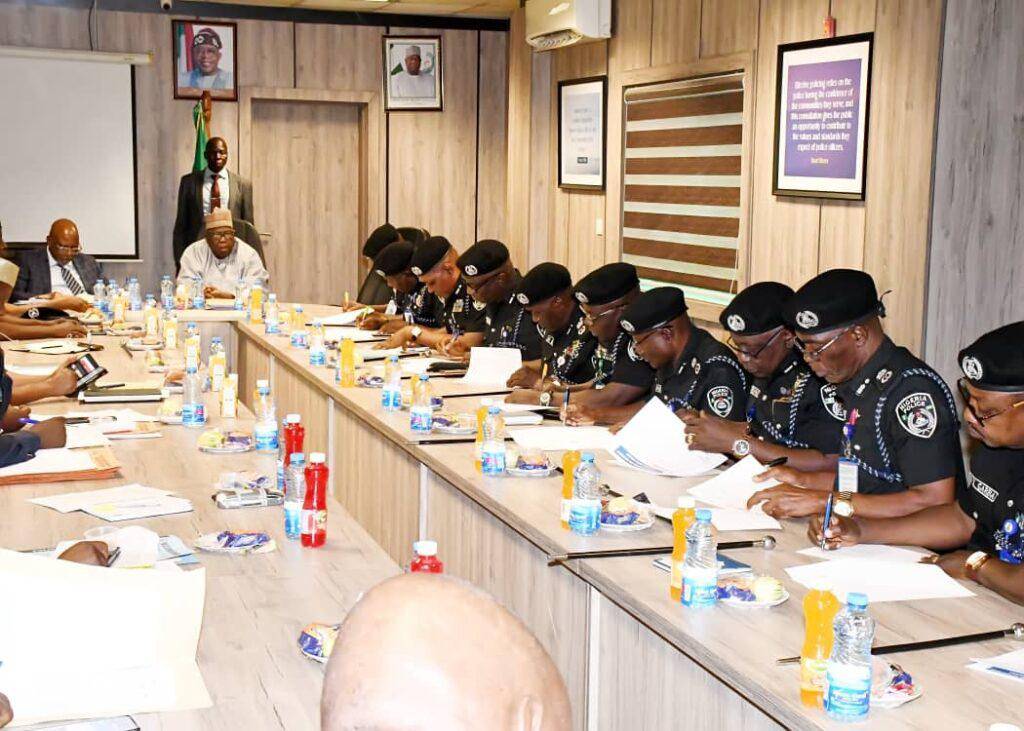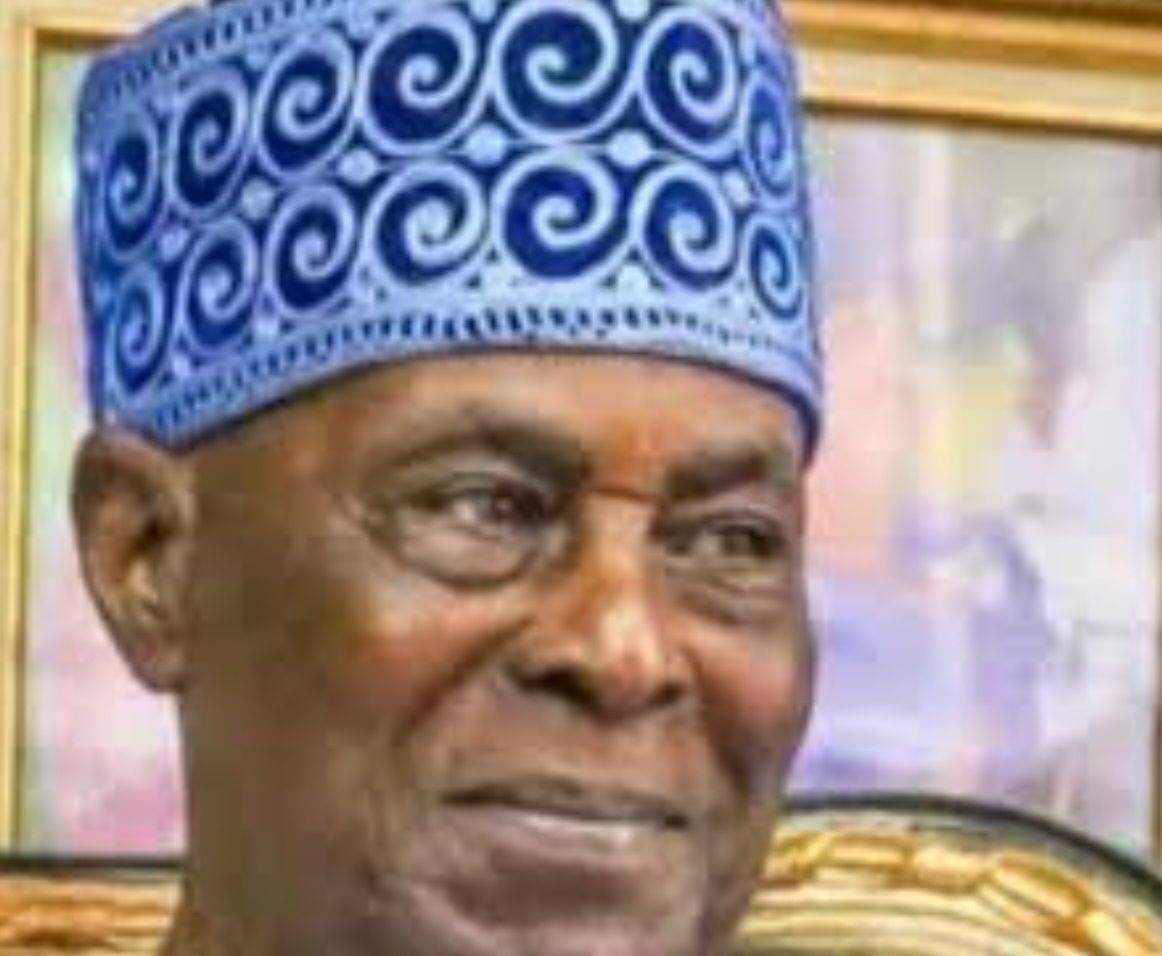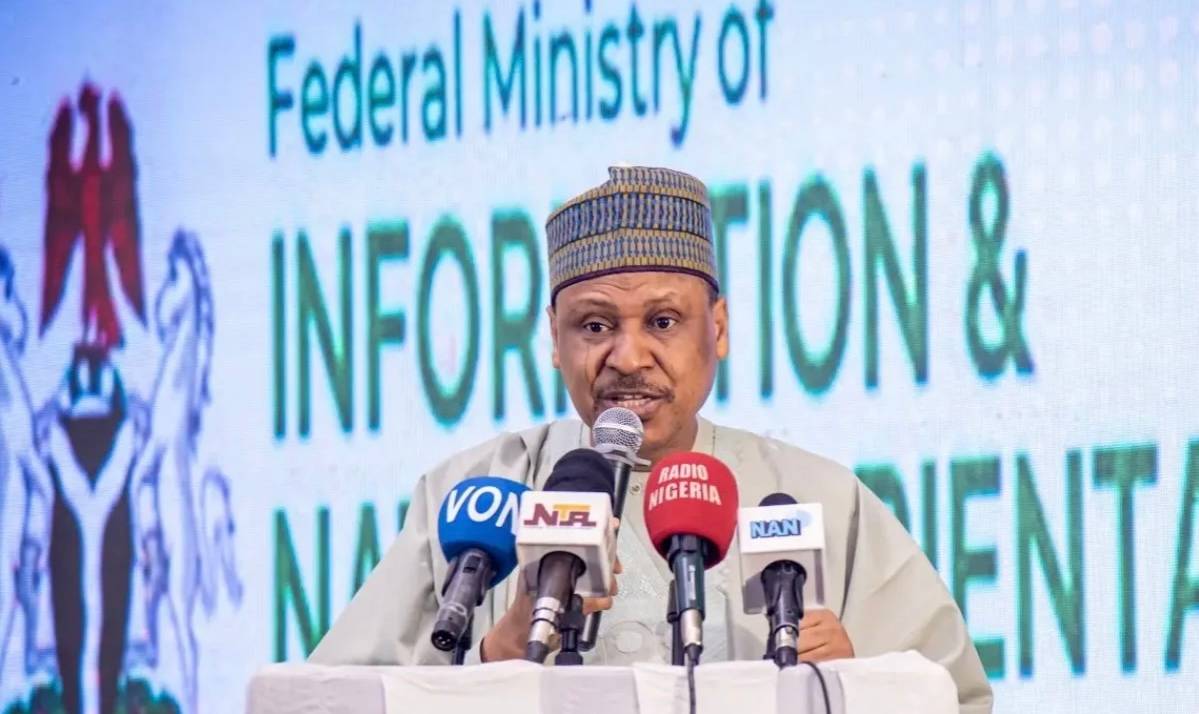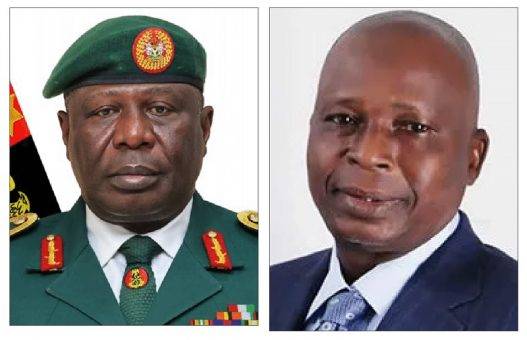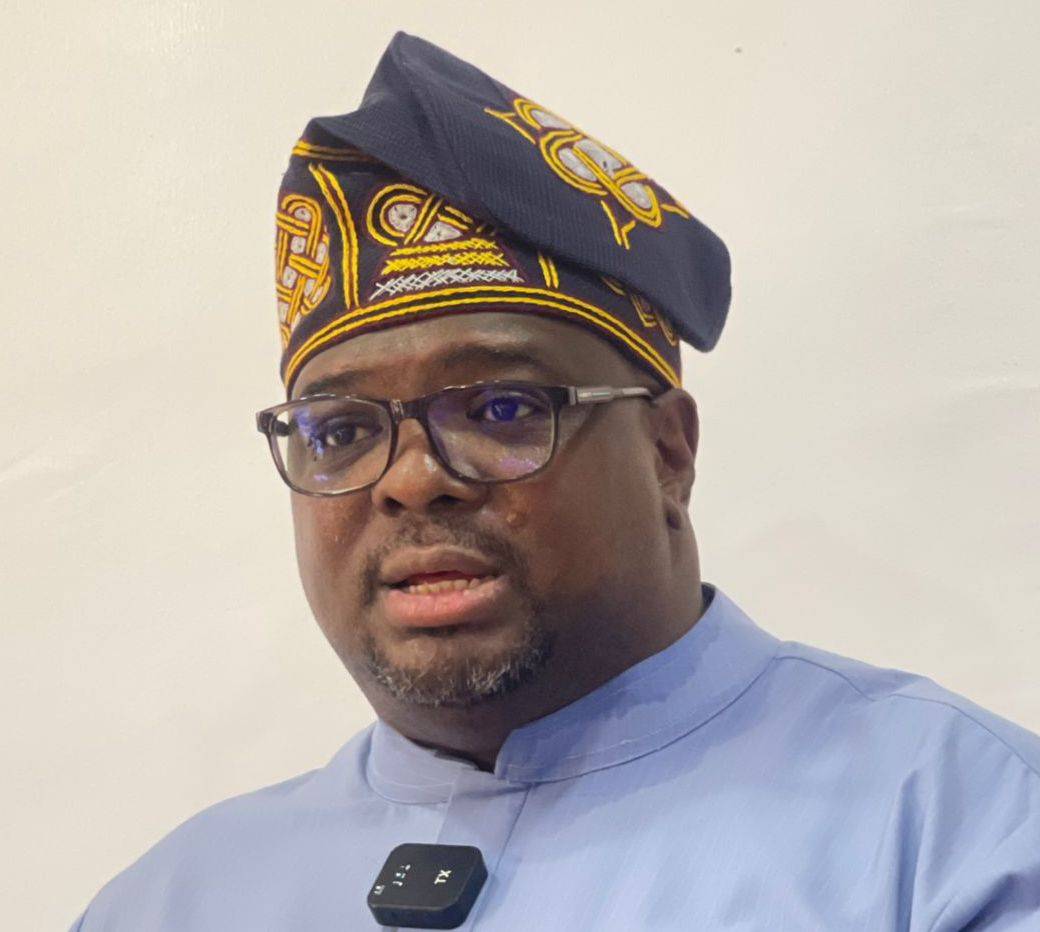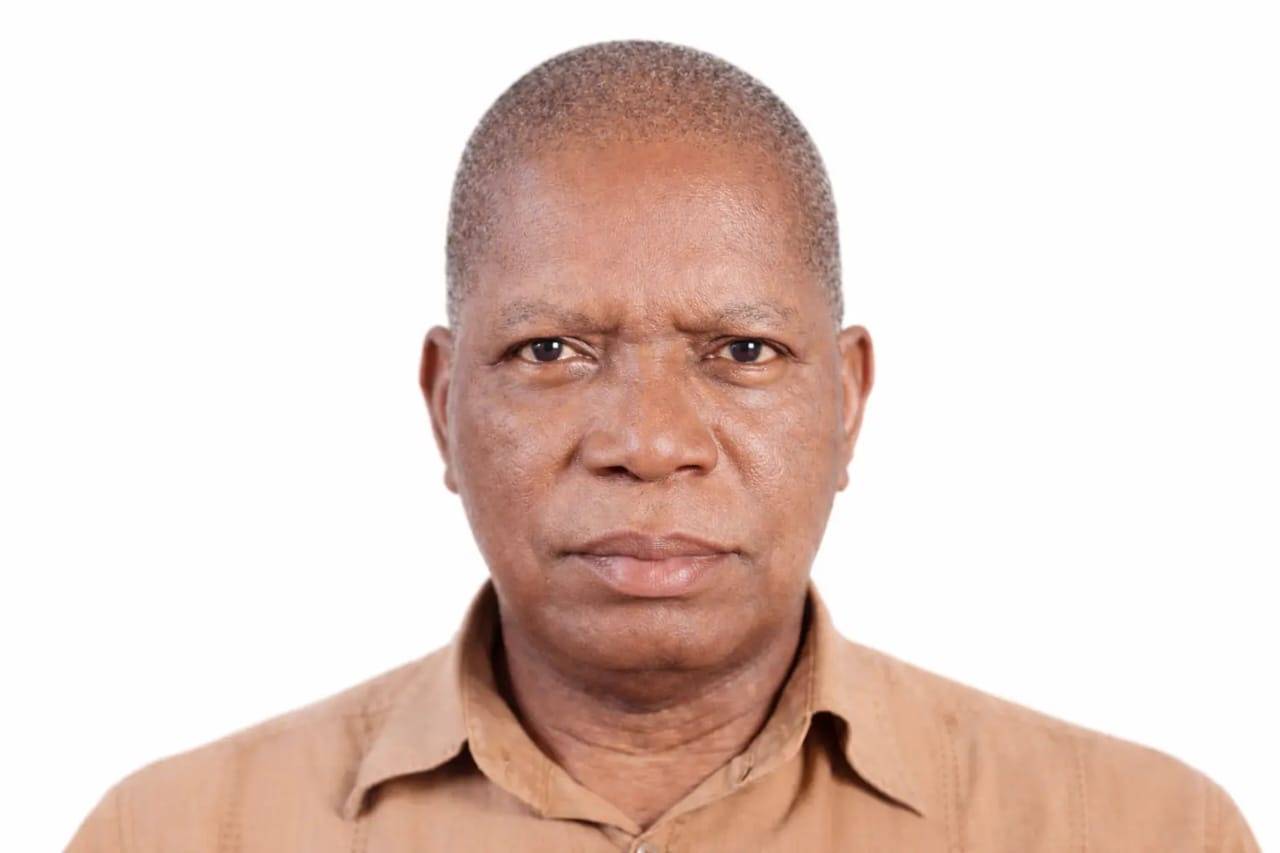Although the concept of the plea bargain option has become popular in Nigeria in recent years, a report by Tope Adebayo LP, a leading law firm based in Lagos State, has stated that plea bargain is not rooted in Nigerian laws.
According to the report titled “The Legality of The Use of Plea Bargain in Nigeria’s Criminal Justice System”, plea bargain, a situation or arrangement in which a defendant pleads guilty to a lesser charge or forfeits funds or property(ies) to the prosecution, only has legal backing in Lagos State.
“Plea bargaining is an invention of the American legal process. It started by convention but having been accepted by the courts, it is now entrenched in their federal and state criminal procedure rules, with the State of California even providing a seven-page form to guide the prosecution and defence in the formulation of their agreements.
“The Black’s Law Dictionary, gives the definition of plea bargain as: a negotiated agreement between a prosecutor and a criminal defendant whereby the defendant pleads guilty to a lesser offence or to one of multiple charges in exchange for some concession by the prosecutor, usually, a more lenient sentence or a dismissal of the charges,” the report by Tope Adebayo LP stated.
Having been deployed by the Economic and Financial Crimes Commission (EFCC) in many cases of alleged corruption by public officials and others holding offices in Nigeria, plea bargain has always been a controversial topic, with the groundswell of opposition stemming from it only applying to the rich and powerful.
The report recounted that it was first used by the EFCC in 2005 to settle the corruption case against former Inspector-General of Police, Tafa Balogun and in the same year for the embezzlement case involving now late former Bayelsa State governor, Diepreye Alamieyesagha as well as Emmanuel Nwude and Nzeribe Okoli who allegedly defrauded a Brazilian bank.
Other cases of large-scale corruption in which which plea bargain has been applied include those involving former Edo State governor, Lucky Igbinedion in 2008 and that of Mrs. Cecilia Ibru, the former CEO of Oceanic Bank.Former Chief Justice of Nigeria, Honourable Justice Dahiru Musdapher, is one of those who have argued that plea bargain is illegal in Nigeria.
Although his statement at the time was countered by the Chairman of the National Human Rights Commission (NHRC), Dr Chidi Anslem Odinkalu, former Chairman of the Abuja Chapter of the Nigerian Bar Association (NBA), Mazi Osigwe as well as the Chairman of the Economic and Financial Crimes Commission, Mr. Ibrahim Lamorde, those counter arguments were more on the advantages than legality of the concept.
The report goes further: “Therefore, in view of the fact that plea bargain agreements do not meet the legal test required by S.135 of the Evidence Act and in fact, can sometimes be employed in a manner that could breach a fundamental right, a case can be made against the legality of the practice.
The statutory provisions which have been used as justification for plea bargain include S.180 (1) CPA, S.14 (2), EFCC Act and S.174 of the Constitution of the Federal Republic of Nigeria 1999 (as amended).
“However, it is evident that the contents of these provisions are really conceived by those who invoke them, in an implied sense and by virtue of inherent powers and meanings.
“The only piece of legislation in the country at present that contains the phrase ‘plea bargain’, with circumstances and rules on how to implement the practice is the Administration of Criminal Justice Law (2007) of Lagos State.”
The Nation



